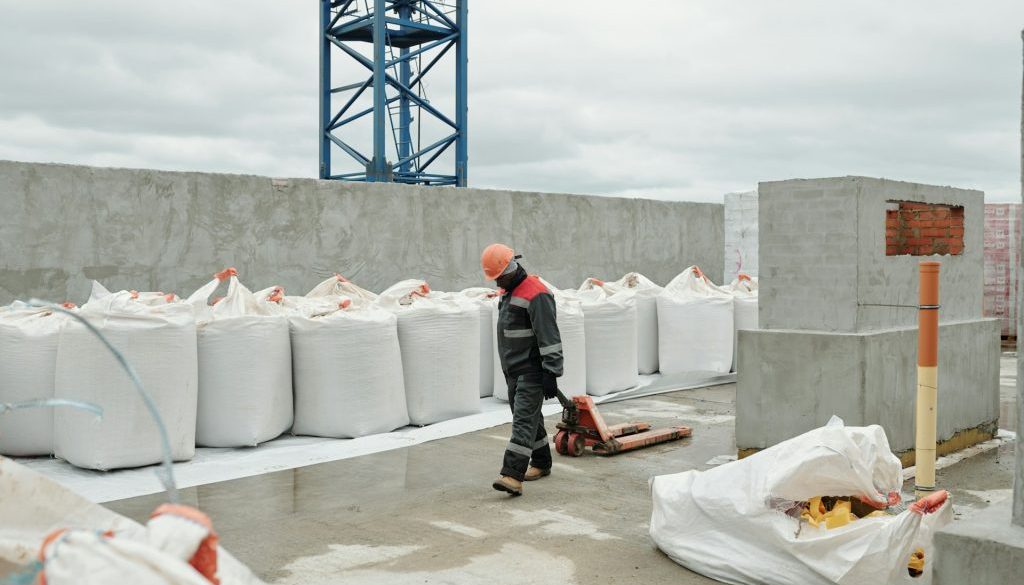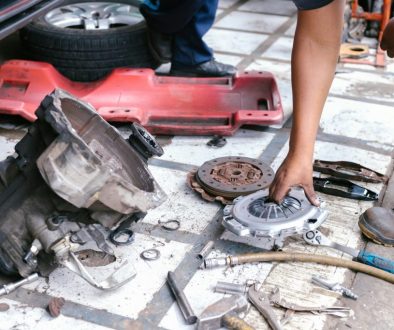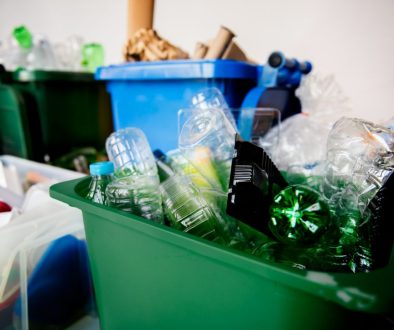With the growing global focus on sustainability and environmental protection, the construction industry is increasingly embracing eco-friendly practices to minimise its environmental footprint. One of the critical areas where the sector can make significant improvements is in waste management, particularly on construction sites. By establishing efficient waste management and recycling strategies, construction professionals can contribute to a reduction in landfill waste, prevent pollution, promote resource conservation, and improve overall project efficiency. Moreover, adopting green practices can also enhance a company’s reputation and potentially generate cost savings by streamlining management processes.
In this informative guide, we will focus on the essential strategies to establish green construction sites through effective waste management and recycling initiatives. Our aim at Enviro Skip Hire is to provide practical tips and advice to help construction professionals understand the benefits and best practices behind eco-friendly waste management and recycling, enabling the implementation of sustainable solutions at every stage of their projects.
1. Developing a Comprehensive Waste Management Plan
A robust waste management plan is the foundation of any successful green construction site, providing clear guidance on handling, disposal, and recycling initiatives:
– Assess waste streams: Begin by identifying the types of waste materials generated during the construction process, differentiating between reusable, recyclable, and hazardous waste.
– Outline waste reduction goals: Establish specific waste reduction objectives, aiming for measurable targets such as recycling a certain percentage of waste generated on site.
– Create recycling strategies: Implement practical and efficient strategies for recycling various types of waste materials, including allocating designated recycling areas and providing appropriate receptacles for different waste streams.
– Train personnel: Educate site workers on the importance of eco-friendly waste management processes and provide training on how to correctly handle, segregate, and recycle waste materials.
2. Efficient Site Organisation and Waste Segregation
The organisation of a construction site plays a crucial role in facilitating efficient waste management and recycling efforts:
– Designated waste storage areas: Create specific areas for the storage of different types of waste materials, ensuring that reusable or recyclable items are kept separate from general waste.
– Segregate waste at the source: Encourage site workers to segregate waste materials as they are generated, placing them in the appropriate receptacles for recycling, reuse, or disposal.
– Regular waste collection and disposal: Establish a schedule for regular waste collection and disposal, working with reputable waste management companies to ensure the responsible handling of all waste materials.
3. Maximising Reuse and Recycling Opportunities
Embracing a circular economy approach by maximising the reuse and recycling of materials can significantly reduce the environmental impact of construction activities:
– Salvage reusable materials: Identify potentially reusable materials during the demolition or deconstruction process, such as bricks, timber, or steel components, and allocate suitable storage areas for their collection and preservation.
– Use recycled aggregates: Incorporate sustainable aggregates derived from recycled materials, such as recycled concrete aggregate or glass aggregate, in the construction process to minimise the need for virgin materials.
– Implement on-site recycling initiatives: Consider investing in technologies or equipment such as portable crushers or screens to facilitate the recycling of waste materials directly on site, reducing transportation costs and promoting a circular economy approach.
4. Monitoring and Continuous Improvement
Ongoing assessment and adaptation of waste management practices are essential for maintaining a green construction site:
– Track waste generation: Regularly monitor the amount and types of waste generated on site, comparing them against the designated waste reduction goals.
– Review waste management practices: Analyse the efficiency of waste management processes and recycling initiatives implemented on site, identifying areas for improvement or modification.
– Communicate progress and improvements: Share the progress towards waste reduction goals with site workers and stakeholders, fostering a culture of environmental responsibility and continuous improvement.
Conclusion
Establishing a green construction site through effective waste management and recycling initiatives is a vital step towards enhancing the sustainability and environmental responsibility of the construction industry. By developing a comprehensive waste management plan, efficiently organising the site and segregating waste, maximising reuse and recycling opportunities, and monitoring performance for continuous improvement, construction professionals can create eco-friendly sites that benefit both the environment and their bottom line.
As a family-run local skip hire company servicing Staffordshire, Enviro Skip Hire is committed to supporting the construction industry in its efforts to adopt environmentally friendly practices. If you require assistance in implementing effective waste management and recycling strategies on your construction site or necessitate expert advice and guidance, please do not hesitate to contact us. Together, we can create a more sustainable future through responsible construction practices.




